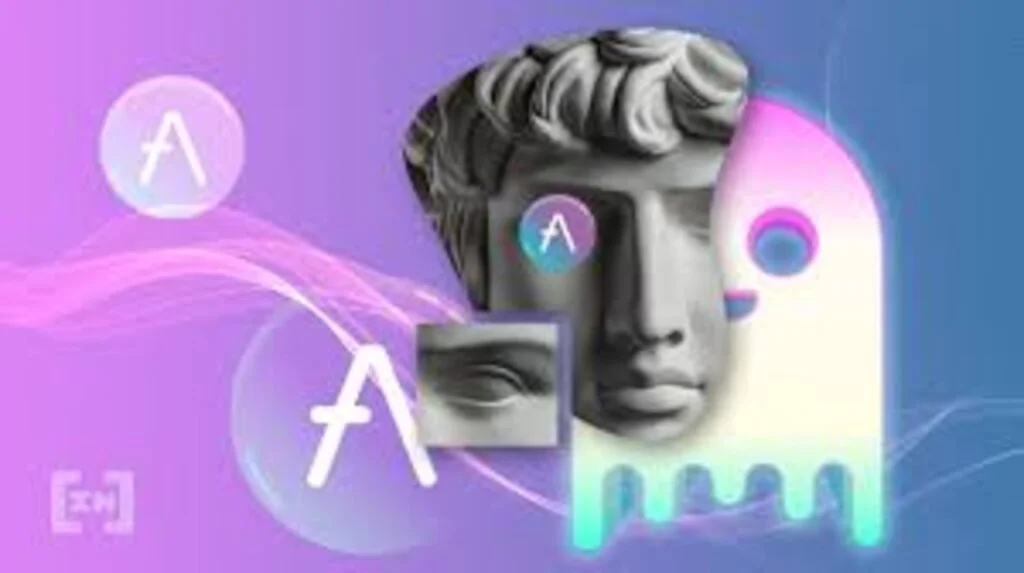The proposal recommends imposing a limit on the use of CRV as collateral, preventing this wallet address from adding additional loans.

Some participants argue that the proposition violates the principle of censorship-resistance or “neutrality” in decentralized finance, or DeFi, by preventing a particular account from accumulating additional debt.
Some participants believe the account belongs to Michael Egorov, the creator of Curve (CRV). however we were unable to validate the account’s owner independently.
Uhh seems like Curve’s founder has a $110m leverage position against his $CRV stack across all Defi.
If not repaid at some point (spoil: it prob won’t, my man is taking profit), this will cascade into a lot of bad debt for lending protocols https://t.co/kxwc0Sk65V pic.twitter.com/yhHp9JFWBV
— vapor (@trading_vapor) June 14, 2023According to the author of the proposal, the financial modeling platform Gauntlet, the Ethereum address 0x7a16ff8270133f063aab6c9977183d9e72835428 has $67.7 million in US Dollar Coin USDC debt, along with Tether USDT $1.00 We are utilizing 185 million Curve tokens as collateral through the AAVE V2 protocol.
Gauntlet expressed concern that this account may continue to incur debt, thereby increasing the possibility that it will be liquidated if the price of Curve suddenly drops. According to Gauntlet, the decline in CRV’s liquidity over the past few months has exacerbated the problem.
This may result in slippage if the account is liquidated, as there may need to be more willing purchasers of CRV tokens on the market to absorb such a large quantity of tokens. According to Gauntlet, this could result in millions of dollars in bad debt for AAVE.
DecentMuse, an AAVE user, asserted that the wallet address “is tagged as belonging to the founder of Curve,” indicating that it may be Egorov’s. According to DecentMuse, the loan may represent a means for Curve’s founder to profit from his entrepreneurial activities. Cointelegraph was unable to validate the address owner’s identity.
In the proposal, Gauntlet recommended that the AAVE decentralized autonomous organization (AAVE DAO) implement a modification to prevent using CRV as loan collateral in the future. This would enable the account to maintain its current loan position while preventing it from accruing additional debt.
Some members supported the proposal and criticized the account for accumulating so much debt. For instance, a user identified as “AAVEBull” reportedly asserted that the account has no intention of repaying its debts, as it has steadily increased its position as the token’s price has decreased.
In response, proposal detractors defended the account. For instance, users pray.eth stated that the account owner might believe CRV tokens are profoundly undervalued, leading them to believe that it makes sense to increase their use as collateral as their price declines.
Aave-Chan Initiative (ACI) founder Marc Zeller, a frequent forum participant, also commented on the proposal. He stated that AAVE DAO must be cautious not to violate “the core ethos of DeFi, which is neutrality.” “The intention of users or what they do with their funds is not our primary concern,” Zeller said, adding, “Users should be free to utilize the protocol as they see fit.”
The proposal has been classified as a “recommendation” since June 16. This indicates that it has not yet been transformed into a formal AAVE Improvement Proposal (AIP) that the DAO can vote on. The author of the proposal has stated that creating a formal AIP is the “next step.”
Participants in the blockchain ecosystem continue to debate censorship-resistance boundaries. In January, numerous Bitcoin users complained about the high transaction fees caused by other Bitcoin users minting and trading Ordinals. Some users wanted ordinals banned, while others viewed this as censorship.
On April 11, Tether blacklisted an address from which EVM front-running malware had withdrawn $25 million. Jaynti Kanani, the co-founder of Polygon, stated that the blacklisting set “a bad precedent” that could lead to more transactions being censored, while ZachXBT, an on-chain investigator, suggested that Tether may have been compelled to engage in the act by a court order.
